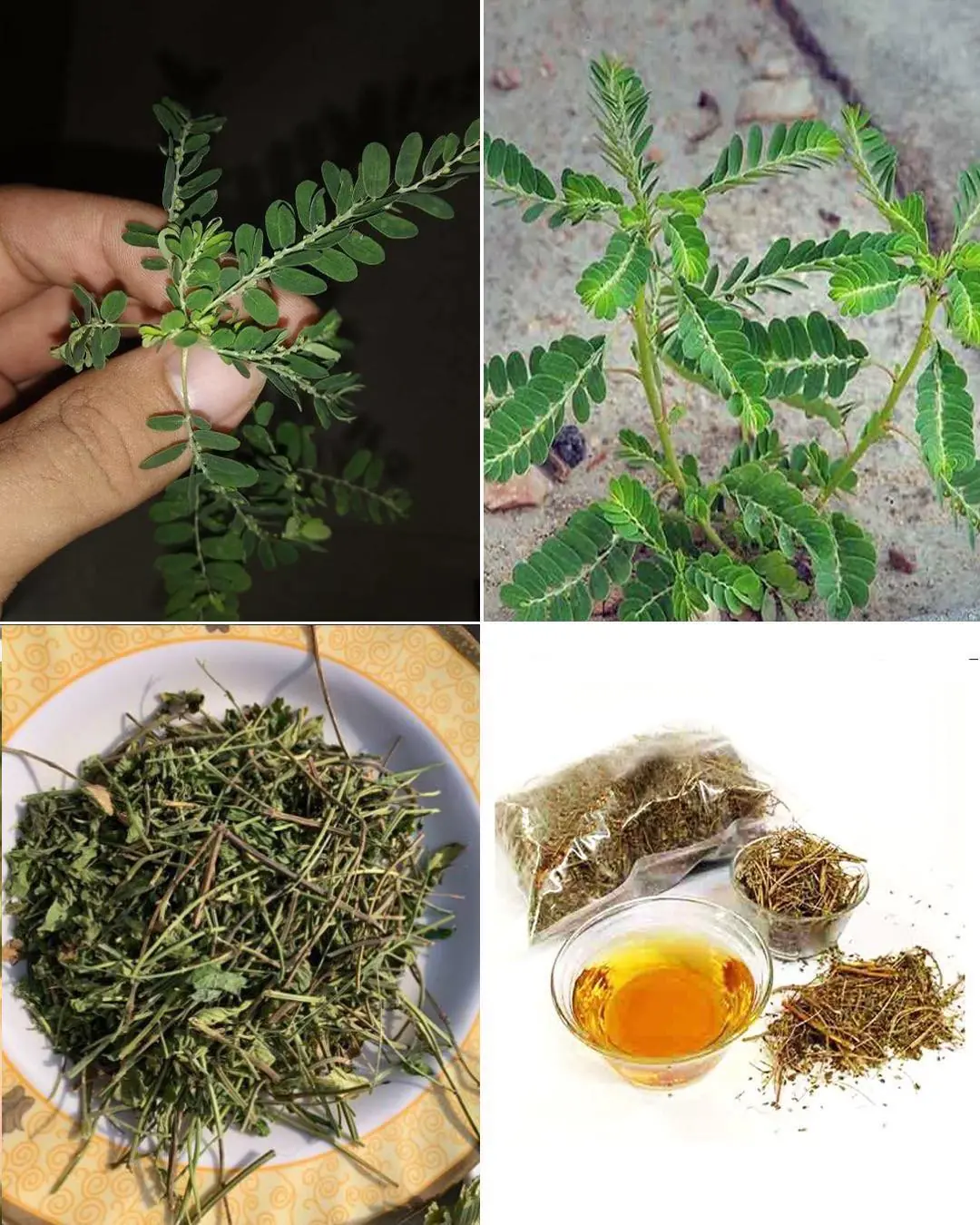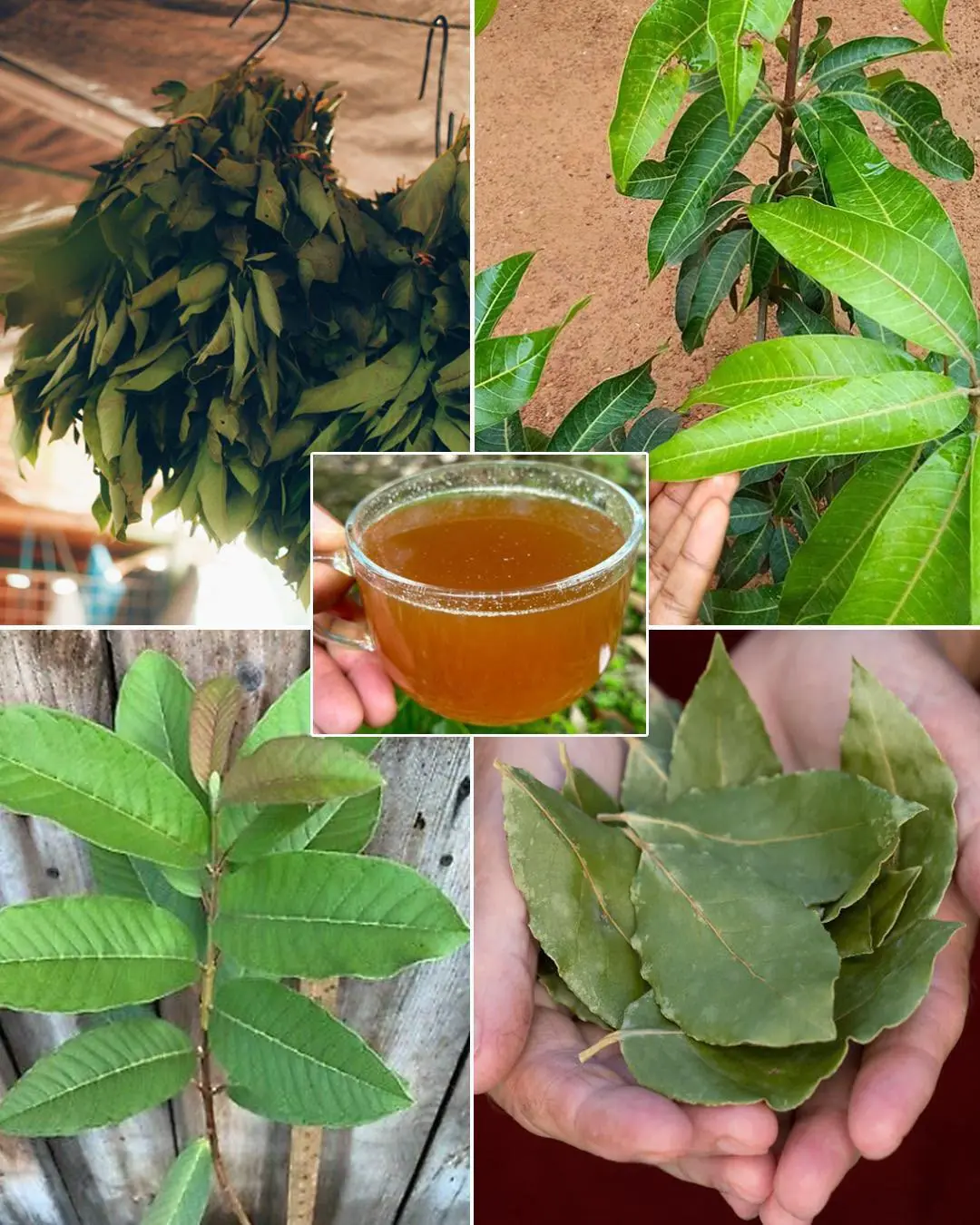
Wood Sorrel Benefits and Uses

Wood Sorrel (Oxalis spp.): A Hidden Gem in Nature with Numerous Benefits
Wood sorrel (Oxalis spp.) is a charming herbaceous plant that can be found in various parts of the world. Its trifoliate leaf structure often leads people to mistake it for clover, but what sets wood sorrel apart are its heart-shaped leaves and delicate five-petaled flowers. This unassuming plant is not only a beautiful addition to gardens and wild spaces but also offers a wide range of health benefits and practical uses. Let’s dive deeper into the remarkable qualities of wood sorrel and why you should consider incorporating it into your life.
Nutritional Benefits of Wood Sorrel
Rich in Vitamin C
Wood sorrel is a fantastic natural source of vitamin C, an essential nutrient for maintaining a healthy immune system. Regular consumption can help prevent scurvy, a disease caused by vitamin C deficiency. The leaves of the plant are a simple and accessible way to boost your vitamin intake. You can chew on them directly or add them to fresh salads to increase your vitamin C consumption effortlessly.
Antioxidant Powerhouse
In addition to vitamin C, wood sorrel contains flavonoids and other antioxidant compounds that help combat free radicals in the body. These antioxidants play a crucial role in reducing oxidative stress, which can contribute to aging and the development of chronic diseases like cancer, heart disease, and diabetes.
Essential Minerals for the Body
Wood sorrel is also a rich source of important minerals, including potassium, calcium, and magnesium. These minerals are vital for supporting nerve transmission, muscle contraction, and bone health. Ensuring an adequate intake of these minerals helps maintain a healthy balance of bodily functions and supports overall well-being.
Medicinal Uses of Wood Sorrel
Digestive Aid
Wood sorrel has been used for centuries as a digestive aid. Its leaves are known to help alleviate indigestion and stimulate the appetite. Due to its mild diuretic effect, it also assists in flushing out excess fluids and toxins from the body, contributing to a feeling of lightness and relief from bloating.
Anti-inflammatory and Antipyretic (Fever-Reducing)
This plant has anti-inflammatory and antipyretic (fever-reducing) properties, making it an effective natural remedy for minor infections and inflammatory conditions. Drinking wood sorrel tea can help reduce swelling and alleviate pain associated with inflammation. It’s also a great option for lowering fever naturally, making it a safe alternative to synthetic medications.
Wound Healing
Wood sorrel can be applied topically to aid in wound healing. The crushed leaves can be directly applied to minor cuts, scrapes, and sores to promote healing and prevent infection, thanks to their antimicrobial properties. This makes it a useful addition to any natural first-aid kit.
Culinary Uses of Wood Sorrel
Fresh Leaves in Salads
The tangy, citrus-like flavor of wood sorrel’s leaves makes it an ideal addition to fresh salads. Their vibrant taste enhances mixed greens, and they pair beautifully with various vegetables. Wood sorrel can also serve as a refreshing garnish for soups and other dishes, providing an extra burst of flavor.
Herbal Tea
Wood sorrel can be brewed into a delicious herbal tea. Simply steep fresh or dried leaves in hot water for a few minutes to extract the tangy, sour flavor. The tea is pleasantly refreshing on its own, but it can also be sweetened with honey or flavored with lemon for added zest.
Culinary Herb
Much like parsley or basil, wood sorrel can be used as a culinary herb in a variety of dishes. Try adding it to sauces, soups, stews, or pesto to add a distinctive twist. Its unique flavor can elevate many dishes, including spreads and dips.
Gardening and Environmental Benefits
Ground Cover Plant
Wood sorrel is a great ground cover plant. It grows quickly and forms a dense mat that can help prevent soil erosion in garden beds and wild areas. Its spreading nature also helps suppress weeds, making it a practical and eco-friendly choice for gardeners.
Attracting Pollinators
The bright flowers of wood sorrel are particularly attractive to bees, butterflies, and other pollinators. By planting wood sorrel in your garden, you support local pollinator populations and contribute to a healthy ecosystem. Its presence can improve biodiversity and promote the health of surrounding plants.
Indicator Plant
Wood sorrel is also an indicator plant, which means its growth can signal certain soil conditions. For example, it thrives in acidic soils, so the abundant growth of wood sorrel might suggest that the soil in your area is more acidic. This information can help gardeners understand their soil and make informed decisions about plant care and fertilization.
Conclusion
Wood sorrel is a versatile, multi-functional plant with numerous benefits ranging from nutritional and medicinal applications to culinary and gardening uses. Whether you’re foraging it from the wild or cultivating it in your own garden, wood sorrel is a valuable and affordable addition to both your diet and natural medicine cabinet. Embrace this humble yet powerful plant, and enjoy its many advantages for better health, sustainability, and a thriving environment.
News in the same category


12 Powerful Benefits of Moringa Seeds

25 Incredible Health Benefits of Goosegrass

Pineappleweed (Matricaria discoidea) – Nature’s Calming Herb with Surprising Benefits

Grow potatoes in containers at home with just one potato

The Power of Chanca Piedra: 10 Benefits and Uses

The four medicinal leaves: Avocado leaves, mango leaves, bay leaves, and guava leaves

The Power of Urtica dioica: Natural Relief for Joint Pain, Arthritis, and Inflammation

Banana Blossom: Health Benefits, Recipes, and Traditional Uses

Pine Cone Syrup: A Newbie-Friendly Guide

Euphorbia Hirta: 9 key health benefits of this versatile plant

Why You Should Embrace Purslane in Your Garden: 8 Compelling Reasons

The Ultimate Herbal Eye Care Remedy: Keep Your Vision Healthy with This Simple DIY Solution

Revitalizing Health with Aloe Vera Juice: A Time-Honored Family Legacy

Onion Juice for Hair Regrowth: What the Science Says and How to Use It

How to Preserve Fresh Blueberries at Home for Months

The Healing Power of Goose Grass – A Backyard Miracle for Over 10 Ailments

Some of the Benefits of Castor Leaves and the Seed

Purslane: The Superfood That Tastes Better Than Meat – 7 Reasons to Grow It in Your Garden
News Post

Garlic, tomatoes and cucumbers will grow rapidly. The most powerful fertilizer.

12 Powerful Benefits of Moringa Seeds

25 Incredible Health Benefits of Goosegrass

Pineappleweed (Matricaria discoidea) – Nature’s Calming Herb with Surprising Benefits

Grow potatoes in containers at home with just one potato

A Heartwarming Story of Hope: Surrendered Dog in Christmas Sweater Awaits a Loving Home

The Power of Chanca Piedra: 10 Benefits and Uses

Forever Our Indy: A Tribute to a True Best Friend

The four medicinal leaves: Avocado leaves, mango leaves, bay leaves, and guava leaves

People Spotted a Dog Collapsed on a Sidewalk — Then Realized She Was Still Alive

This Senior Dog Can’t Climb the Stairs Anymore — So Dad Sleeps on the Sofa with Him Every Night

A Final Goodbye: Mario’s Last Moment with the Giraffes He Loved

Shy Golden Retriever Saved From Euthanasia at the Last Moment
The Dog Who Beat Cancer: A Reunion That Moved the World.

The Lion Who Lost His Mane, and the Tiger Who Won His Heart.

Her Heart Belongs to Daddy: A Daughter’s Memory of Danny Kaye.

A Father Chosen by Love

Goodbye, Noor Jehan: The Elephant Who Made a Nation Weep.
